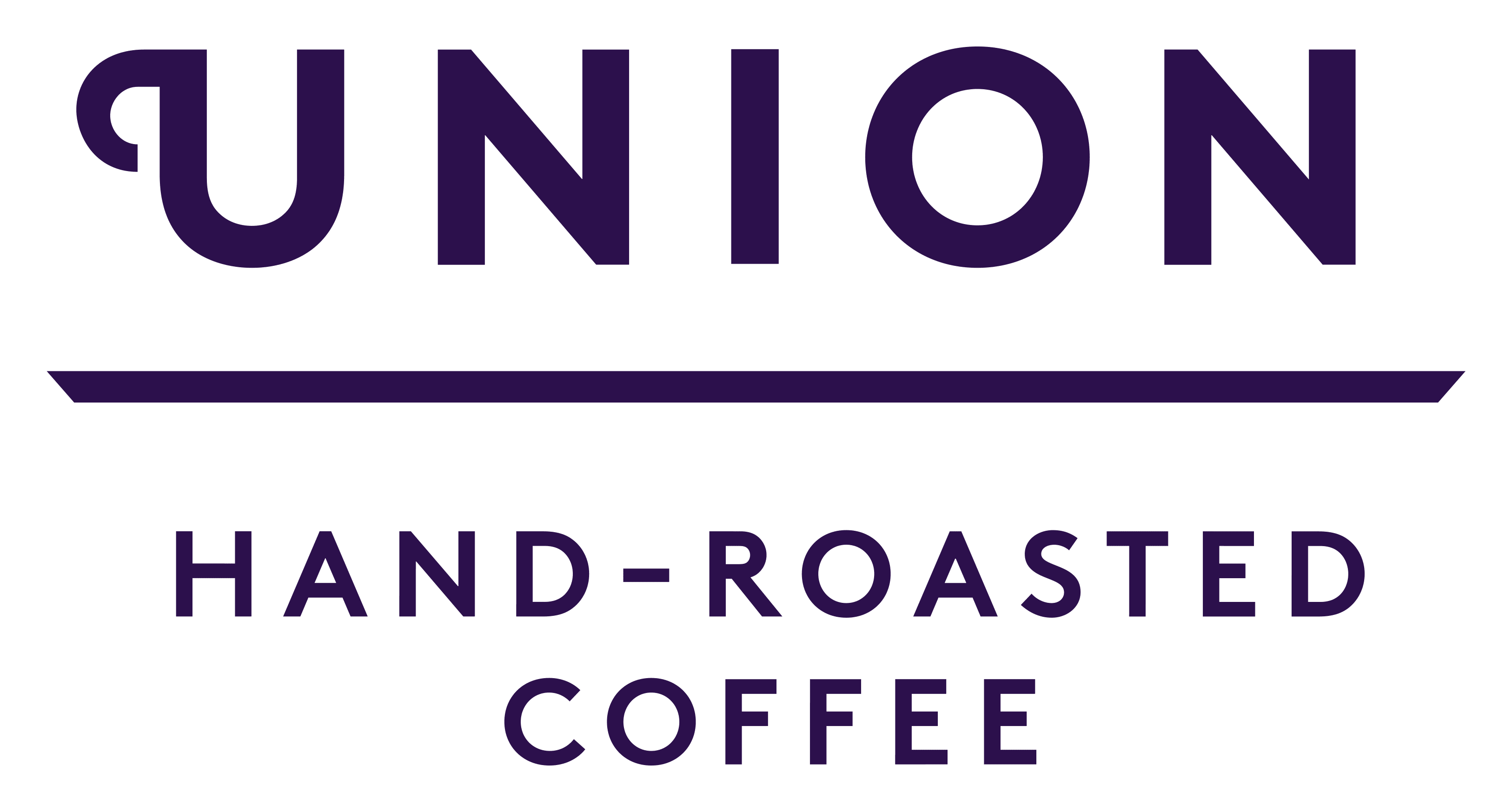Visiting our producers in Costa Rica
In Costa Rica producers always used to sell the red cherries to intermediaries or large buyers such as Volcafe. Producers had to accept the price they were offered and had no power to influence this because they had no other market access. They were frustrated that the extra work to produce their correctly picked, high altitude coffee was mixed with lower quality coffee also purchased by some of those companies. With the beneficio humedo, or micro mill revolution, this has changed.
A micro mill can be described as a small factory where coffee cherries are processed into parchment coffee. The micro mill allows producers to process separate micro lots. In doing this, they can
- achieve higher quality, consistently
- add value to their coffee
- negotiate better prices.
Now coffee from Puente Tarrazú does not end up at the bulk market mixed with low quality annonymous coffee, but is sold to roasters retaining the identity of the finca.
This is the stunning view from the terraces of the San Jeronimo Micro Mill, about an hour from Buenos Aires in the Perez Zeledon region near the Chirripo volcano where Pascale visited in July and September.
These producers cultivate Bourbon, Caturra, Catuai, and Tipica. The collection of the fruits takes place between August and December and the coffee is fully washed during processing.
Seven associates funded and constructed the mill, but each year another 30-50 producers used to deliver their coffee to the mill for processing. This volume led to problems – some producers received a credit for the complete harvest then delivered only a minor part of their production to the mill, or refused to comply with the mill’s strict quality restrictions.
Last year the management of the mill decided that they want long-term and trusted relationships with the producers that bring coffee to them and so interviewed all the producers and vastly reduced the number to a more manageable number of about 20 producers.
Why are micromills good for coffee growers?
As well as ensuring the quality of the coffee, it’s very important for the micromill cooperatives to protect the growers and their incomes as the coffee market has been volatile in the past two decades. Union Hand Roasted Coffee enters into long-term agreements with a floor price guarantee and in many cases, pre-financing arranged with micro-credit agencies which we underwrite. Cashflow is crucial to ensure that the producers can live during the season, plan ahead for buying fertilizer, and afford to pay labour costs during the picking season. We want to protect the producers’s livelihoods as well as our access to their coffee. Pascale found out why this is so important from the Puente Tarrazú producers:
As they explain, around the millennium, many producers abandoned their coffee farm, as prices fell to ₡25.000/$50,- colones per faneja. Coffee became a non-profit making business, as prices did not even cover production costs. It was almost impossible to invest in coffee since no banks were willing to finance coffee related projects.
The crisis affected the region, some people lost their houses or their land and the vast majority took less care of their farms. Some neighbours decided to partially or completely retreat from coffee, but this group decided to fight for better coffee prices and set up a micromill to cultivate and process Caturra, Bourbon and Tipica.
Working with producer associations helps us to secure the best coffee, and gives them the best prices as well as long term security. We also get to work with producers who are passionate about coffee, and discover new experimental coffees (which we often offer as special microlots) that are a privilege to sample.
Coffee co-operatives in Guatemala
This picture is taken in the bodega (warehouse) of Esquipulpas Cooperative in La Libertad, Huehuetenango, Northern Guatemala – the issues around financing and cashflow are very similar in all the countries where we work. The picture shows the sacks of parchment coffee that the individual farmers have delivered to the bodega.
Before Union started working with them, the cooperative did not receive pre-finance for their coffee so they could not provide any money before the harvest for their members. Instead they took out loans which allowed them to pay a part of the coffee price to producers at the moment they deliver. But the interest rate from local bank was very high, and the loans are against property – which are not worth very much, so the value of the load was small.
Now with the relationship with Union, we’ve introduced specialist agencies like Root Capital to prefinance everything they require at low interest rate. The cooperative now has funds to purchase larger volumes of fertilizer at a more competitive rate. And farmers have money to pay pickers at the begining of the season.
The cooperative also guarantees the producers a minimum price (this year, it was Q1250 per quintale), regardless of the price the coffee achieved when it is sold. When the coffee is delivered to the cooperative, the producers receive 80% of the year’s minimum floor price, and then receive a second payment when the coffee is ready for export. We know this is working working well for producers becasue the cooperative has seen a 20% increase in membership applications this year.





